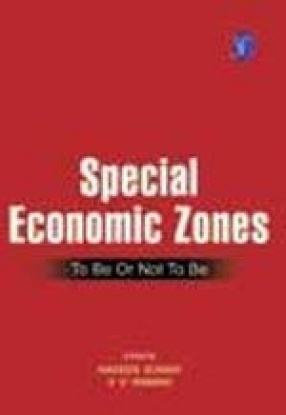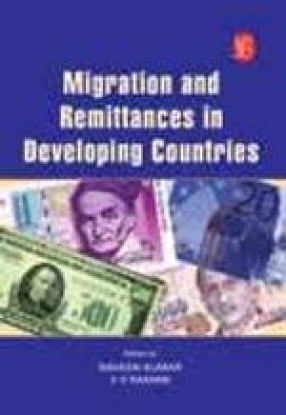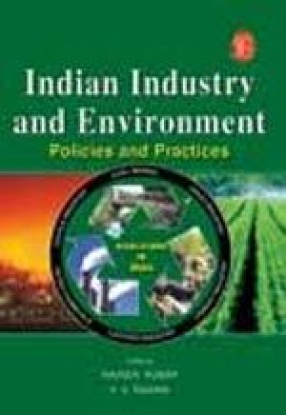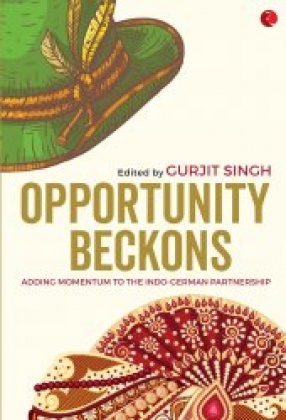Special Economic Zones: To Be or not to Be
Synopsis
In this global village, most developing countries are shifting to export promotion policy to compete with the developed world. As part of their policy instruments, many of these countries are promoting export-processing zones (EPZs), which are seen as a key instrument for promoting exports, earning foreign exchange, stimulating economic growth through additional investment, technology transfers, and employment generation. Later, these EPZs are transformed into SEZs to deal with infrastructure development, monetary, fiscal, trade and labour policies and account for an increasing share of international trade flows and employment. The Special Economic Zones (SEZs) scheme introduced by the government of India in April 2000 has its genesis in the Export Processing Zone (EPZ) scheme, which was introduced way back in 1965, when the first zone was set up in Kandla (Gujarat). However, the new SEZ policy and the costs and the benefits of SEZs have generated an intense debate, touching on almost every possible aspect of SEZs. In view of the ongoing debate, this book is timely and enables the readers to have a better understanding of the various dimensions of SEZs. This book has three sections; Section I covers the overview of SEZs and salient features of the special economic zones act, 2005, Section II covers the basic issues and Section III covers the positive impacts of SEZs. This book is expected to be useful to policy makers at national and international levels, bureaucrats, government officials dealing with export promotion, corporates, independent consultants, environmentalists, NGOs having concern about labour laws and environment of the country. Apart from those, it will be a valuable reference book for researchers, academicians, students, investors, small and medium farm holders, etc.
Read more
30.60
27.54
$
34.00 $
Free delivery Wolrdwidе in 10-18 days
Ships in 2-4 days from New Delhi
Membership for 1 Year $35.00
Get it now and save 10%
Get it now and save 10%
BECOME A MEMBER











Bibliographic information
Naveen Kumar Agarwal